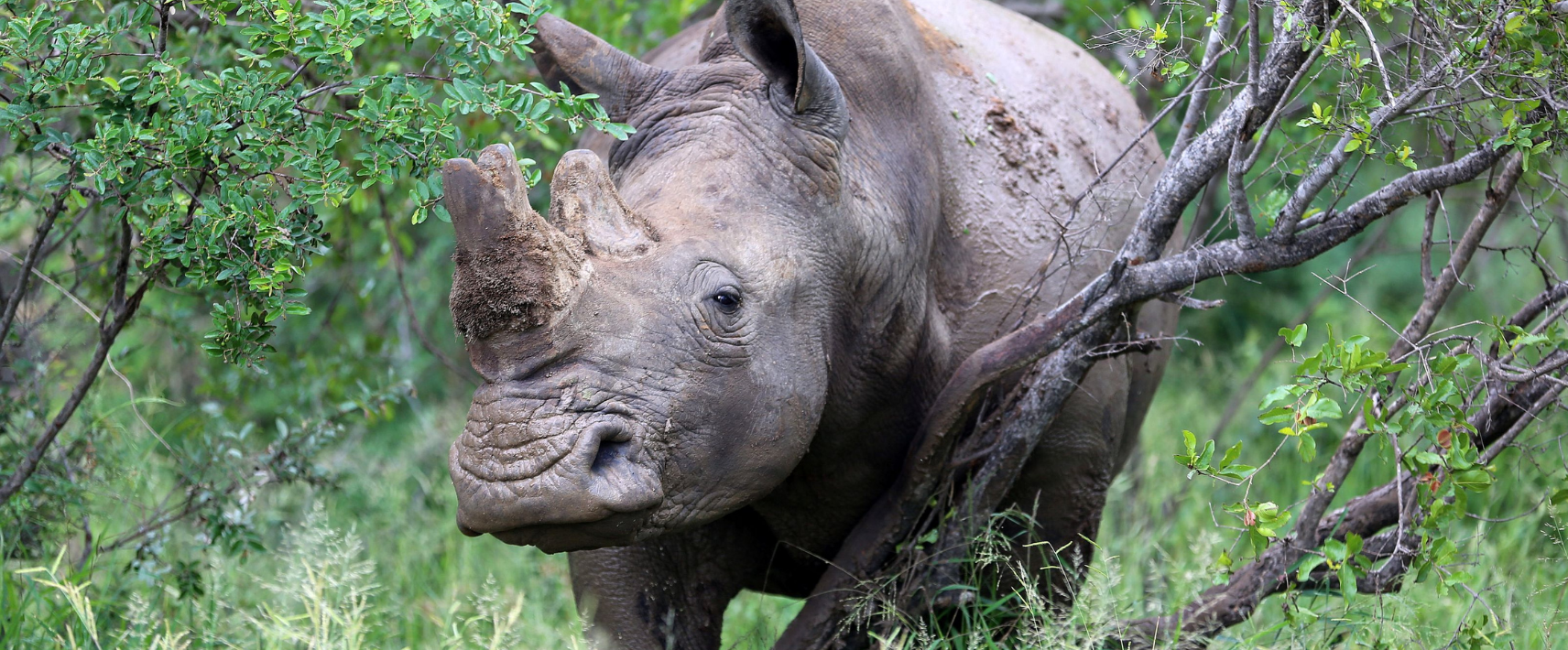One of the most important global meetings on wildlife trade has just wrapped up in Uzbekistan. It’s capital city Samarkand was where governments convened for the 20th Conference of the Parties (CoP20) to the Convention on International Trade in Endangered Species of Wild Fauna and Flora (CITES) to decide how international trade should be managed for some of the world’s most threatened...
The Chinese city of Wuhan, which was the first to record human cases of COVID-19, has banned the consumption of all wildlife. This follows similar bans in the cities of Beijing, Shenzhen and Zhuhai, and an as-yet temporary nationwide ban on wildlife consumption. Unlike the other cities which have brought in permanent bans, the Wuhan ban will be in place for five years.
Dr Peter Li, Humane Society International’s China policy specialist, said: “Wuhan’s ban on wildlife consumption is extremely welcome as a clear recognition that the public health risk of zoonotic disease spread via the wildlife trade must be taken very seriously if we are to avoid another pandemic. There will however be no less severe of a disease risk from wildlife consumption in five years’ time, so anything short of a permanent and comprehensive ban is still a risk too far. Wuhan becomes the fourth city in mainland China to show such leadership, but we now need cities and countries across the world to step up to the plate and shut down the dangerous wildlife trade.”
The Wuhan bans follows news earlier this week that wildlife farmers in several provinces in mainland China are being offered a buy-out to move away from breeding wild species for consumption, as part of the country’s crackdown on the wildlife trade. Hunan and Jiangxi provinces are among those providing compensation for farmers to transition to alternative livelihoods such as growing fruit, vegetables, tea plants, or herbs for traditional Chinese medicine. Hunan province will offer farmers compensation to the tune of 120 yuan per kilogram of cobra, king rattle snake or rat snake; 75 yuan per kilogram of bamboo rat; 630 yuan per porcupine; 600 yuan per civet cat; and 378 yuan and 2,457 yuan per wild goose and Chinese muntjac deer respectively.
Nicola Beynon, HSI Australia’s Head of Campaigns said: “It is encouraging to see China taking some decisive steps towards ending breeding of wildlife for trade. There is still much to be done. If we want to stop future pandemics and prevent intolerable cruelty then all breeding and sale of live wild animals for exotic meat, pets, fur and traditional medicine must come to a permanent end. We look forward to Australia continuing to play a leading role in pushing for an end to live wildlife markets on the global stage.”
Image credit DMFI


